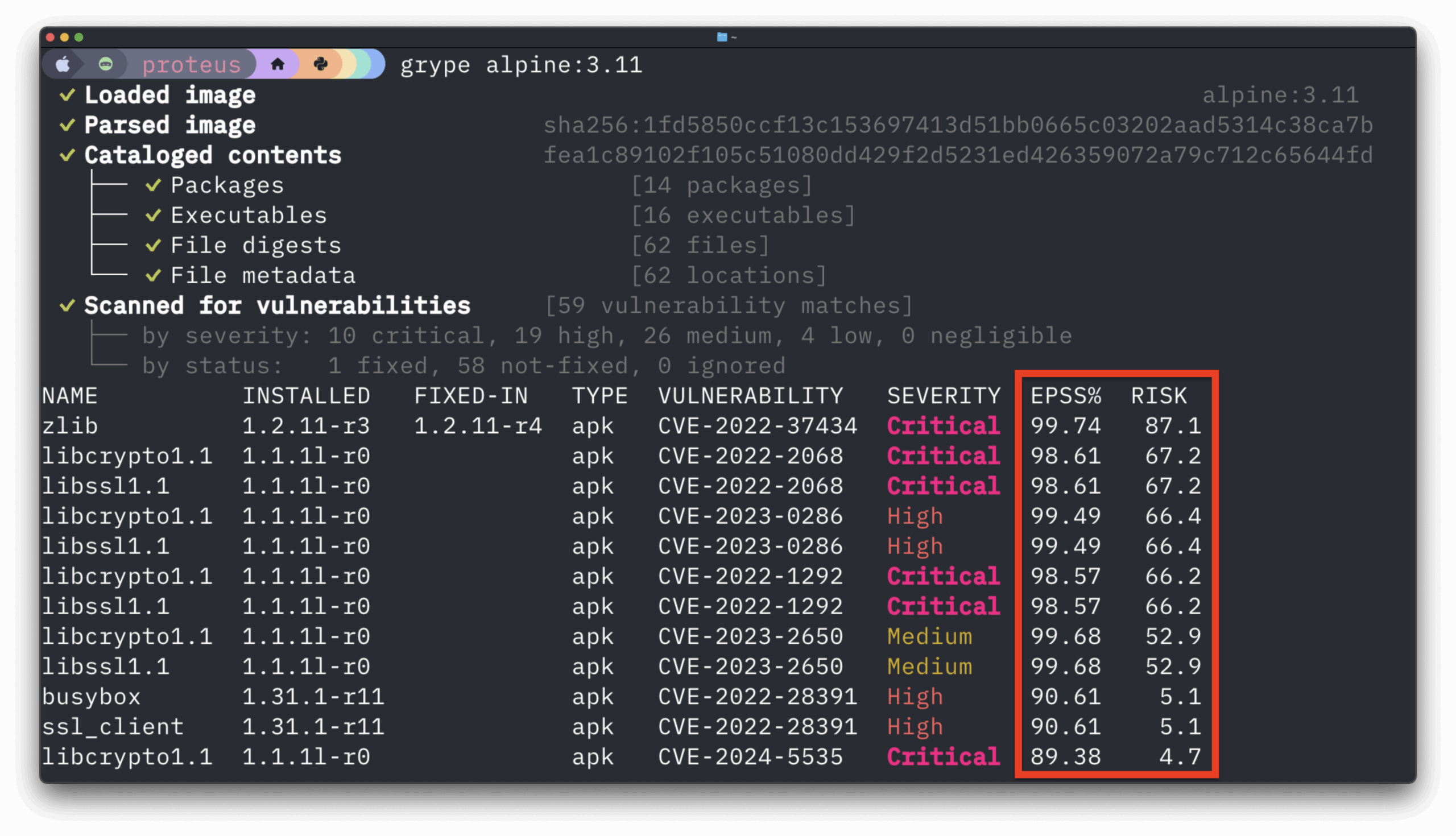COVID-19 is accelerating the digital transformation of commercial and public sector enterprises around the world. However, digital transformation brings along new digital assets (such as applications, websites, and databases), increasing an enterprise’s attack surface. To prevent costly breaches, protect reputation, and maintain customer relationships, enterprises undergoing digital transformation have begun implementing a built-in and bottom-up security approach: DevSecOps.
Ways Enterprises Can Start Implementing DevSecOps
DevSecOps requires sharing the responsibility of security across development and operations teams. It involves empowering development, DevOps, and IT personnel with security information and tools to identify and eliminate threats as early as possible. Here are a few ways enterprises that are undergoing digital transformation can start implementing DevSecOps:
-
- Analyze Front End Code. Cybercriminals love to target front end code due to its high number of reported vulnerabilities and security issues. Use CI/CD pipelines to detect security flaws early and share that information with developers so they can fix the issue. It’s also a good idea to make sure that attackers haven’t injected any malicious code – containers can be a great way to ensure immutability.
- Sanitize Sensitive Data. Today, several open source tools can detect personally identifiable information (PII), secrets, access keys, etc. Running a simple check for sensitive data can be exponentially beneficial – a leaked credential in a GitHub repository could mean game over for your data and infrastructure.
- Utilize IDE Extensions. Developers use integrated development environments and text editors to create and modify code. Why not take advantage of open source extensions that can scan local directories and containers for vulnerabilities? You can’t detect security issues much earlier in the SDLC than that!
- Integrate Security into CI/CD. There are many open source Continuous Integration/Continuous Delivery tools available such as Jenkins, GitLab CI, Argo, etc. Enterprises should integrate one or more security solutions into their current and future CI/CD pipelines. A good solution would include alerts and events that allow developers to resolve the security issue prior to pushing anything into production.
- Go Cloud Native. As mentioned earlier, containers can be a great way to ensure immutability. Paired with a powerful orchestration tool, such as Kubernetes, containers can completely transform the way we run distributed applications. There are many great benefits to “going cloud-native,” and several ways enterprises can protect their data and infrastructure by securing their cloud-native applications.
Successful Digital Transformation with DevSecOps
From government agencies to fast food chains, DevSecOps has enabled enterprises to quickly and securely transform their services and assets, even during a pandemic. For example, the US Department of Defense Enterprise DevSecOps Services Team has changed the average amount of time it takes for software to become approved for military use to days instead of years. For the first time ever, that same team managed to update the software on a spy plane that was in-flight!
On the commercial side of things, we’ve seen the pandemic force many businesses and enterprises to adopt new ways of doing things, especially in the food industry. For example, with restaurant seating shut down, Chick-fil-A has to rely heavily on its drive-thru, curbside, and delivery services. Where do those services begin? Software applications! Chick-fil-A obviously uses GitOps, Kubernetes, and AWS and controls large amounts of sensitive data for all of its customers, making it critical that Chick-fil-A implements DevSecOps instead of just DevOps. Imagine if your favorite fast food chain was hacked and your data was stolen – that would be extremely detrimental to business. With the suspiciously personalized ads that I receive on the Chick-fil-A app, there’s also reason to believe that Chick-fil-A has implemented DevSecMLOps, but that’s a topic for another discussion.



